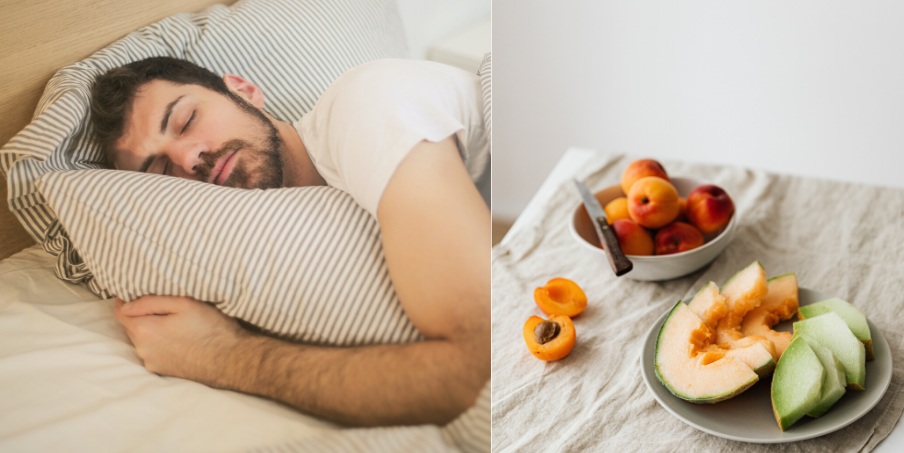Depression is real, it is everywhere
First, let’s try to understand what depression really is? (before we pick up the kashur word ÔÇ£PagalÔÇØ for it…)
Depression, a typical yet genuine psychological well-being issue, otherwise called a “state of mind issue” is portrayed by a persistent feeling of sadness, loss of interest in enjoyable things, and low motivation. It is also evidenced by suicidal thoughts along with frustration and emptiness. It drives away your energy, hope, and happiness making it challenging to even perform day to day activities.
Depression in Kashmir-
According to a study led in Kashmir, the prevalence of depression is 55.72%. The most noteworthy rate being 66.67% among the 15 to 25 years age group, followed by 65.33% in the 26 to 35 years age group. [1] Globally, over 264 million people of all ages suffer from depression.[2]
What you should know about depression-
- Depression ranges in seriousness from mild, temporary episodes of sadness to severe persistent depression.
- Clinical depression is the more severe form of depression, also known as major depression or major depressive disorder.
But it isn’t the same as depression caused by a loss, such as the death of a loved one, or a medical condition, such as a thyroid disorder.[3] But rather by a mix of psychological, biological, and social sources of distress. Increasingly, researches suggest that these factors may cause changes in brain function, including the altered activity of certain neural circuits in the brain, leading to constant sadness, emptiness and so many more behavioral and physical issues.
- There are as many as 12 different types of depression. Events in your life cause some, and chemical changes in your brain cause others.
How do I know if I have depression? Have I crossed the line?
We all have our ups and downs in life. ItÔÇÖs normal to experience feelings of sadness & misery especially because of unfriendly life occasions. However, these sentiments blur away inside in a couple of days or weeks, depending upon the circumstances. Profound sadness that lasts for 2 weeks or more and influences your ability to function might be a sign of depression.
Although depression may occur only once during your life, people typically have multiple episodes. During these episodes, symptoms occur most of the day, nearly every day and may include:
- Feelings of sadness, tearfulness, emptiness or hopelessness
- Angry outbursts, irritability or frustration, even over small matters
- Loss of interest or pleasure in most or all normal activities, such as sex, hobbies or sports
- Sleep disturbances, including insomnia or sleeping too much
- Tiredness and lack of energy, so even small tasks take extra effort
- Reduced appetite and weight loss or increased cravings for food and weight gain
- Anxiety, agitation or restlessness
- Slowed thinking, speaking or body movements
- Feelings of worthlessness or guilt, fixating on past failures or self-blame
- Trouble thinking, concentrating, deciding and remembering things
- Frequent or recurrent thoughts of death, suicidal thoughts, suicide attempts or suicide
- Unexplained physical problems, such as back pain or headaches[4]
(This may not be an ultimate list, but these are the widely occurring symptoms known for depression)
The Truth-
We know,Dealing with depression is not easy, you canÔÇÖt just snap out of it, but you have a lot more control over your mind than you realize, so here are some coping strategies to help put you on the road of recovery.
- Challenge negative thinking
What depression does is, it drives away your positive thoughts leaving only negative thoughts in your mind. It is necessary to understand that depression is a state of mind. You are stronger than your mind. You have more power over your mind than you realize. meaning, you can drive away your negative thoughts by thinking about the positive. ItÔÇÖs all in the perspective. And of course, the first step is always the hardest. But it is going to help you the most. One of the most effective ways of this method is Cognitive behavioral therapy (CBT).
MORE ABOUT CBT
- It is a common type of talk therapy, where one works with a mental health counselor (psychotherapist or therapist) in a structured way, attending a limited number of sessions.
- CBT helps you become aware of inaccurate or negative thinking so you can view challenging situations more clearly and respond to them more effectively.
- CBT can be a very helpful tool ÔÇò either alone or in combination with other therapies ÔÇò in treating mental health disorders, such as depression, post-traumatic stress disorder (PTSD), or an eating disorder. [5]
Another way you can follow up with this method is, notice how regularly negative contemplations emerge and what these musings state. These may incorporate “I am unworthy,” or “I am a disappointment.” Then, challenge those musings and supplant them with progressively positive proclamations, for example, “I am sufficient” and “I made every effort.” In other words, do the opposite of what the depression voice tells you to do.
2. Express yourself
Expressing yourself is great therapy and can help you manage depression. Talking about your thoughts, feelings, and concerns or even writing them down can reduce stress. Know that stress management is an important part of living well with depression. If you are not willing to share your thoughts with anybody itÔÇÖs best to write down your feelings in a private journal or diary. You’ll be amazed at how much better you feel after expressing yourself for just a few minutes each day.
3. Sleep well and eat well
Sleep, mood, and food are closely connected. When dealing with depression, some experience insomnia(lack of sleep) while others sleep a lot (hyper insomnia). Sleep can have a huge impact on mood and mental health therefore it is necessary to make a bedtime routine. To form a sleep routine one must go to bed and wake up at the same time, every day, even on weekends. Keep in mind to shut down electronics an hour before going to bed and use dim light to read a book or whatever you find relaxing. Once this becomes a habit you will see significant changes in your mood. Also, don’t forget to eat healthily. Countless researches have suggested a clear link between food and mood. Since depression is a mood disorder, food can directly affect it. Examples include fish, complex carbohydrates like whole-grain bread, cereals, etc.[6] Therefore a combination of healthy sleep and diet can help you cope up with depression.

4. Do things that you enjoy
To cope with depression, you have to do things that make you feel good, relax, and energize you. This can include anything, like meeting up with friends, playing a sport, reading, swimming, painting-anything as long as you’re enjoying it. Depression is usually a state where nothing feels right, you feel lethargic and not willing to do anything, but when you give yourself a chance to experience doing things that you enjoy you will immediately feel better and see the difference.
5. Socialize
The key to overcoming depression is to socialize, staying connected with people, and reaching out for help. You may feel too depleted to even think about talking, embarrassed at your circumstance, or liable for disregarding certain relationships. But try not to pull back from life. Remaining associated with others and participating in social exercises will improve things greatly in your temperament and standpoint. Connecting and socializing is anything but an indication of shortcoming or weakness and it won’t mean you’re a burden to other people. Your friends and family care about you and will want to help. Also, it’s never too late to build new friendships, relationships, or a support network, which would be best for you in overcoming depression.
6.Say no to alcohol/Narcotic Drug
Liquor is a depressant (NOT Antidepressant), and the use of liquor can trigger episodes of sadness or make existing episodes worse. Don’t choose liquor as an escape to depression because it only makes the symptoms worse. Liquor may likewise have a negative interaction with meds you’re taking to control depression.

SELF HELF–Easy, Free
Other than these exercising, meditating, beating procrastination, being outside and exposed to natural light can also help reduce depression.
Overall it may be said that the combination of all or most of these tips will eventually help you cope up with depression. Never to forget, depression is a curable illness and never hesitate to consider clinical/professional treatment. Professional help includes prescribing antidepressants and some type of therapy.
Do you know someone who is depressed or think he/she may be suffering? Don’t hesitate in sharing this article with them! Of Course without naming anyone ..
REFERENCES
[2]https://www.who.int/news-room/fact-sheets/detail/depression
[3] Clinical depression: What does that mean?
[4]Depression (major depressive disorder) – Symptoms and causes
[5]https://www.mayoclinic.org/tests-procedures/cognitive-behavioral-therapy/about/pac-20384610




